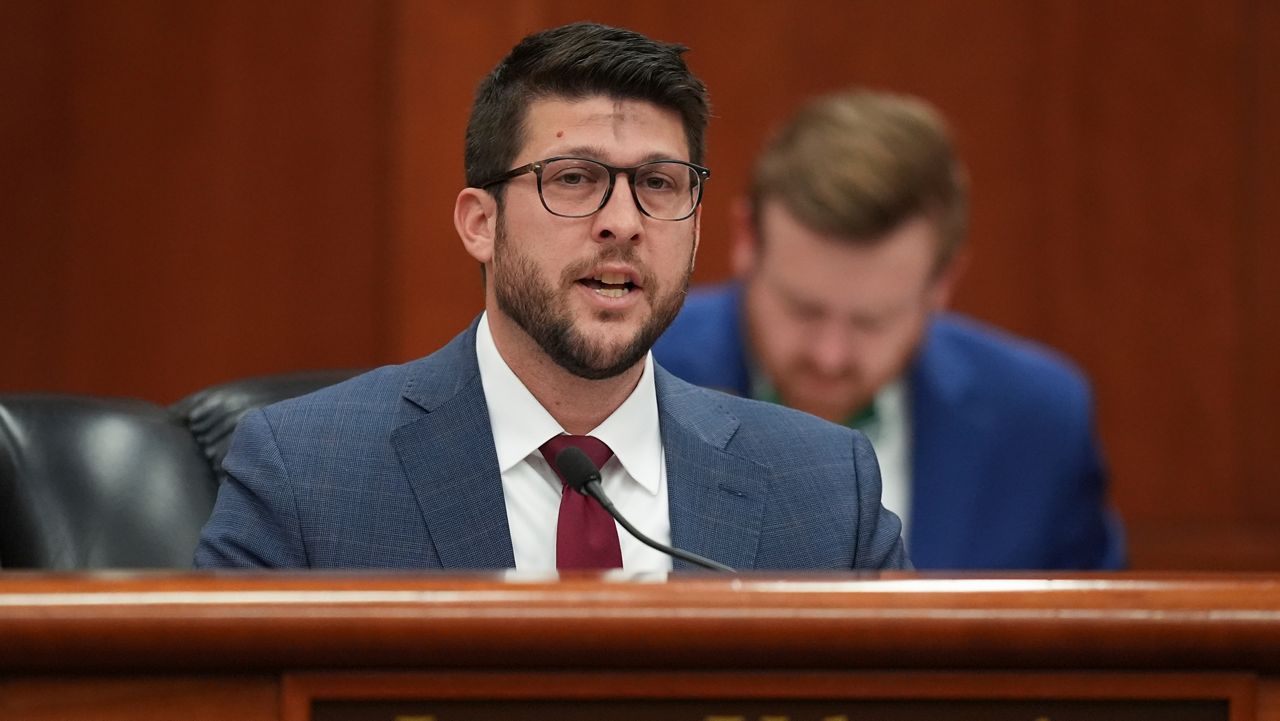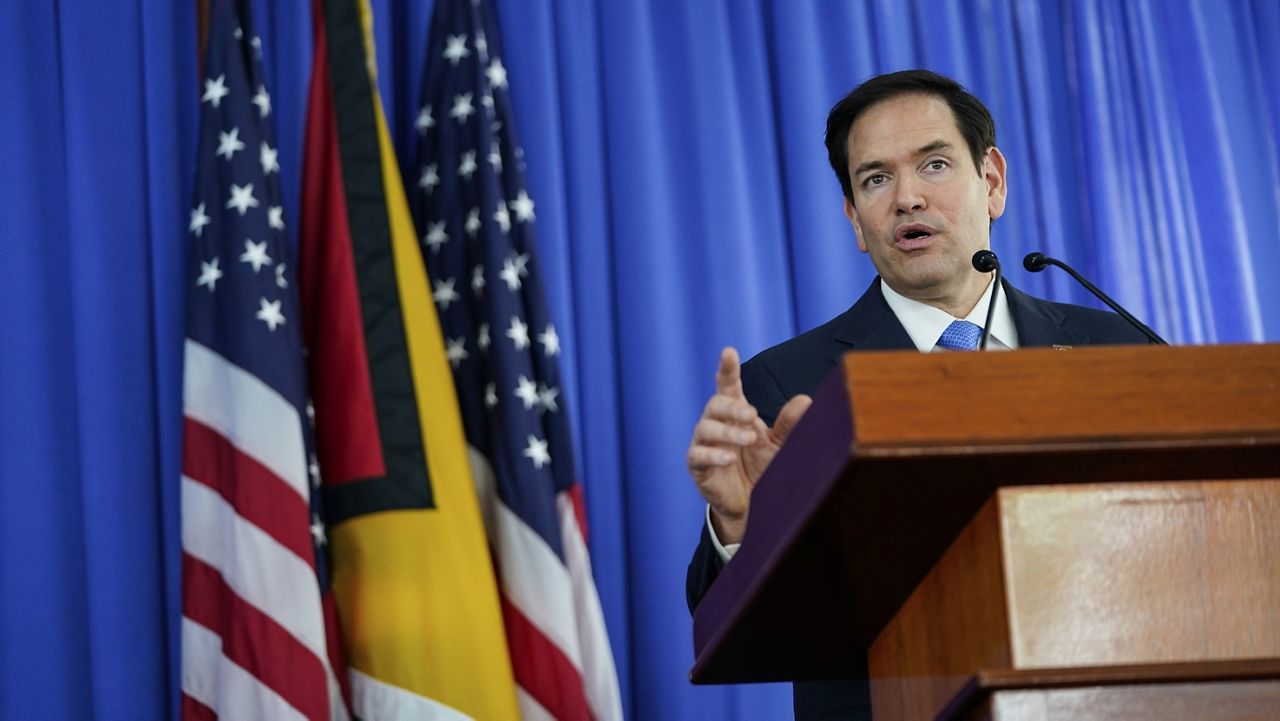Florida Gov. Ron DeSantis responded to questions about money the group Hope Florida received from the state, and Secretary of State Marco Rubio reacts to calls to bring back a man deported to El Salvador from Maryland.
'Shame on you,' DeSantis responds to Hope Florida allegations
Gov. Ron DeSantis came out swinging Monday against allegations that First Lady Casey DeSantis' charitable initiative, Hope Florida, funneled taxpayer money for political purposes.
DeSantis blamed lawmakers in the Florida House, saying they are trying to sabotage his conservative agenda.
“Not only are they trying to sabotage that agenda, but they are stabbing the voters in the back with their behavior," DeSantis said. "Shame on you in the Florida House and your terrible behavior in leadership."
Governor DeSantis Announces Early Completion of I-4 Congestion Relief Lanes in Kissimmee https://t.co/vn3heGgB4z
— Ron DeSantis (@GovRonDeSantis) April 14, 2025
The DeSantis administration is accused of steering $10 million from a Medicaid settlement to Hope Florida.
In September, the state of Florida settled with Centene for $67 million in relation to a dispute over Medicaid funds. Part of that settlement included what has been called a donation of $10 million paid to the state, which was later sent to Hope Florida.
Shortly after that disbursement, Hope Florida sent $5 million dollars each to two separate not-for-profit organizations, Secure Florida’s Future, run by the Chamber of Commerce and Save our Society from Drugs, according to reporting from the Tampa Bay Times.
Around the same time, those groups sent $8.5 million to a third not-for-profit organization, Keep Florida Clean, according to the Times. That committee was created to defeat Amendment 3, the failed ballot initiative that tried to legalize recreation marijuana.
At the time, Keep Florida Clean was controlled by the governor’s then chief of staff, James Uthmeier.
According to information from Florida Department of State, Keep Florida Clean — which was incorporated as a not-for-profit organization on May 30, 2024 — voluntarily dissolved on Feb. 20, 2025.
DeSantis has since appointed Uthmeier to state attorney general. He said Monday that there was nothing wrong with Hope Florida sending grant money to other organizations that support its mission.
“It’s got its own board, it’s not for profit, and it made its own decision to give generous support to not-for-profits that already work with the entity with the same mission: helping moms helping families, protecting our kids,” Uthmeier said Monday.
Now the Florida House is calling for an investigation into Hope Florida, which was launched by Florida First Lady Casey DeSantis in 2021.
State law requires that settlement money be deposited into the Florida's general fund, and also requires that lawmakers are made aware of such settlements. However, leaders in Tallahassee say they were never told about the Centene settlement.
“At best, this was the inappropriate use of settlement dollars. At worst, this was fraud," said Democratic state Rep. Fentrice Driskell. "This looks, smells and feels like an illegal, coordinated scheme to use our tax dollars to fund political actions by Ron DeSantis."
This controversy comes as rumors swirl about the first lady’s future.
Some saying she’s considering a run for governor after he husband terms out in 2026.
The charitable foundation was created to get Floridians off government assistance by connecting them with churches and nonprofits.
On Monday, the governor said Hope Florida has helped 30,000 people get off welfare and saved the state $100 million.
Meanwhile, there is a bill to codify Hope Florida going through the Florida Senate this legislative session. State Sen. Danny Burgess is sponsoring the bill, which is up for discussion in a Senate committee meeting Tuesday.
The proposal, CS 1144, would but Hope Florida under the direct control of the Office of the Governor.
Senate President Ben Albritton spoke to CBS Miami this weekend and said he is optimistic the bill will pass this session.
A bill analysis compiled by the Florida Senate Appropriations Committee on Health and Human Services said that Hope Florida works to pair clients with "resources from faith-based, non-profit government, and private sector entities," to reach its goals.
Hope Florida, according to the document, was implemented by the Department of Children and Families beginning in August 2020. It also includes the Hope Florida Fund, which is the charity arm of the organization, as well as Activate Hope, the Hope Line, and Hope Florida, among other services.
State Rep. Alex Andrade says the Florida House could use its subpoena power to get more answers.
El Salvador's Bukele, Trump officials refuse to bring back wrongly deported man despite Supreme Court ruling
The Trump administration made it unequivocally clear on Monday that it considers the return of a Maryland man deported to El Salvador out of its hands as President Donald Trump sat down on Monday with the leader of the country currently at the center of his immigration crackdown, and the legal battle playing out over it.
Salvadoran President Nayib Bukele also said in the meeting he would not release the man back to the U.S.
The Supreme Court last week ruled that the U.S. is required to “facilitate” the return of Abrego Garcia, who the administration admitted in court filings was mistakenly deported to El Salvador in March as part of its effort to send hundreds of migrants it says are affiliated with gangs to the country. The Trump administration has accused Abrego Garcia of being a member of the MS-13 gang, something the man’s attorney’s have disputed.
Related: Democratic lawmakers condemn Trump administration deportations to El Salvador prison
In an Oval Office meeting between Trump and Bukele, Attorney General Pam Bondi argued the return of Abrego Garcia, was “not up” to the U.S. but that the administration would provide a plane to help facilitate his return to comply with a Supreme Court decision should El Salvador wish for him to be sent back.
“That’s up to El Salvador if they want to return him,” Bondi said. “That’s not up to us.”
Asked if he wanted to return Abrego Garcia, Bukele referred to him as a “terrorist” and said he did not have the power to do so.
The issue continued to develop in court over the weekend, with the administration saying the man remains in El Salvador’s notoriously large and violent “supermax” prison but not providing detail as to efforts to facilitate his return.
And on Monday, the president’s immigration, foreign affairs and legal officials made clear where they stand, with White House deputy chief of staff Stephen Miller declaring during the meeting that “no version of this legally ends up with him ever living here,” noting he is “a citizen of El Salvador,” despite an immigration judge in 2019 barring his deportation to the country due to him likely facing persecution by local gangs.
Secretary of State Marco Rubio, meanwhile, proclaimed during the meeting that he did not “understand what the confusion is.”
“This individual is a citizen of El Salvador,” Rubio continued. “He was illegally in the United States and was returned to his country.”
The secretary of state went on to declare that the “foreign policy of the United States is conducted by the president of the United States, not by a court.”
“And no court in the United States has a right to conduct the foreign policy of the United States, it's that simple,” he added.





_crop?wid=320&hei=180&$wide-bg$)

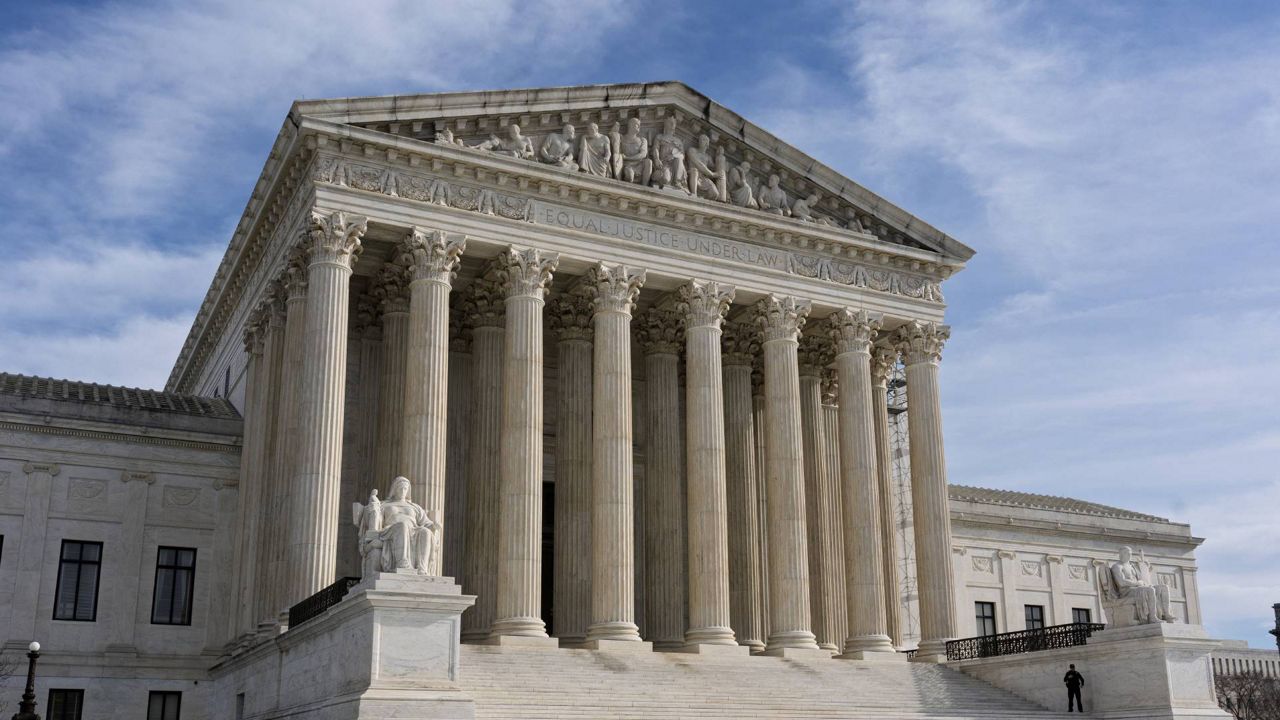
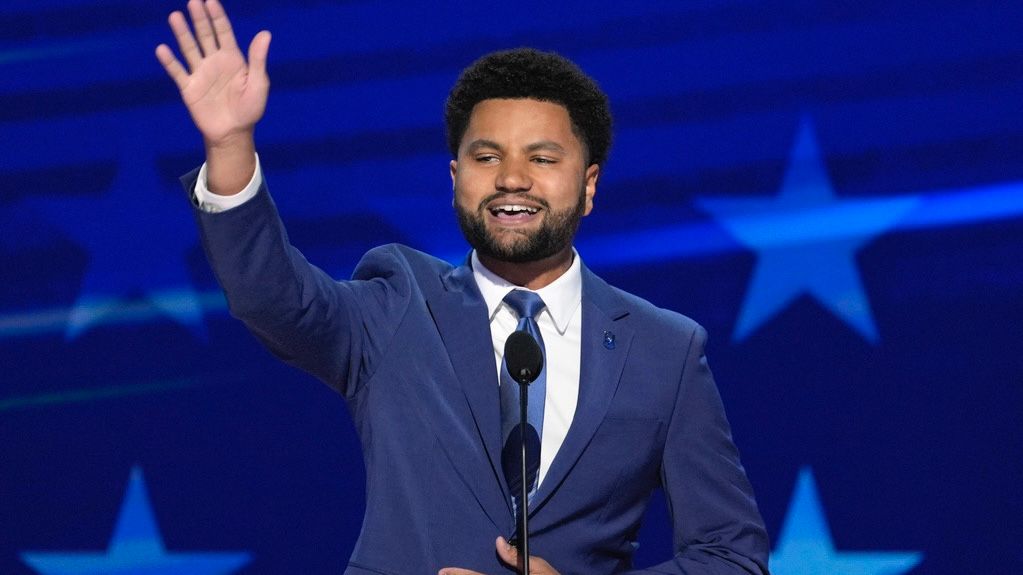
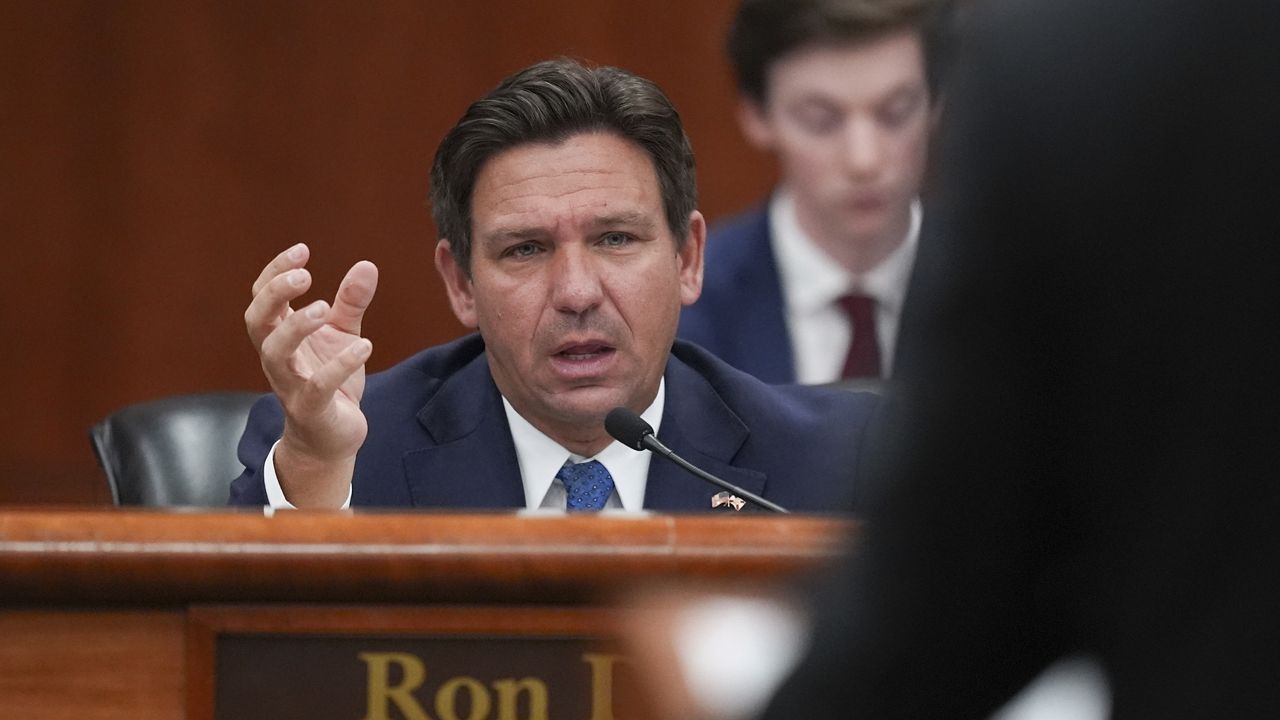
_es_LA_Cell_Phone_Ban_in_Schools_CLEAN_133535650_1050)
